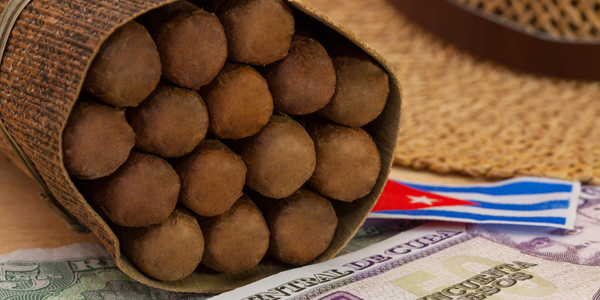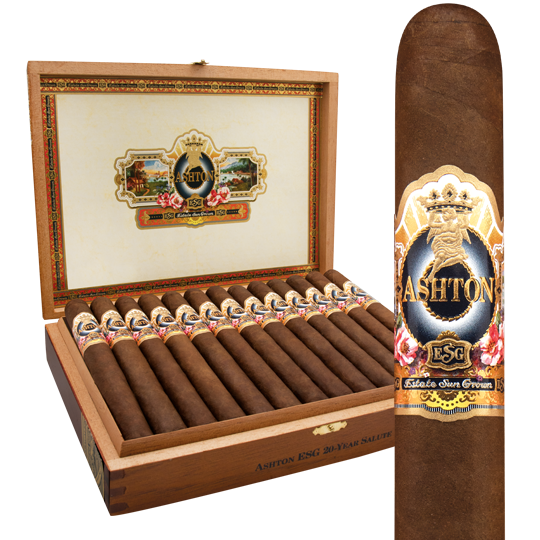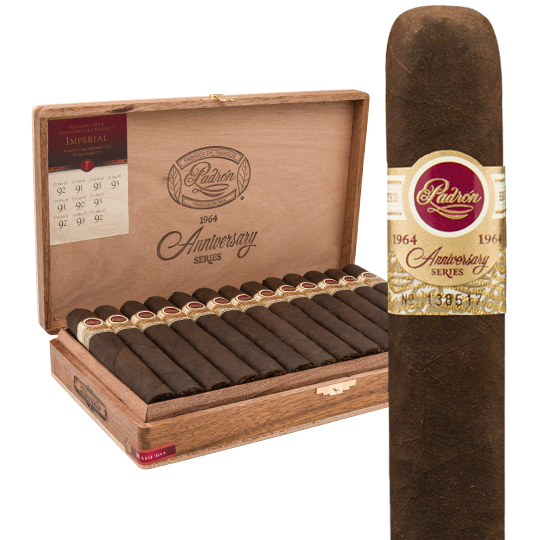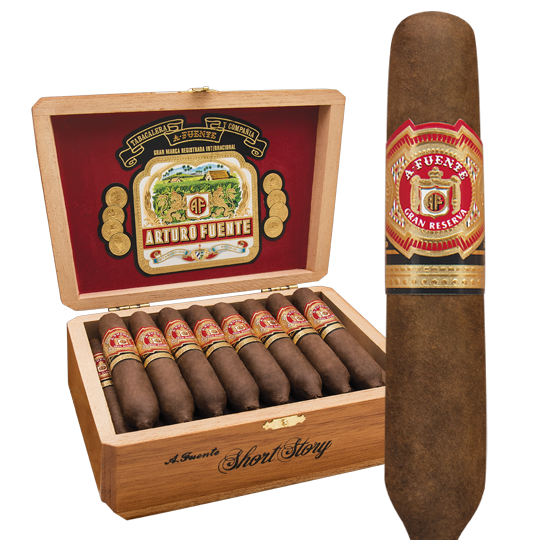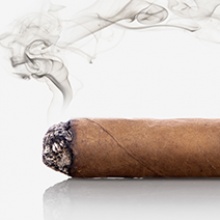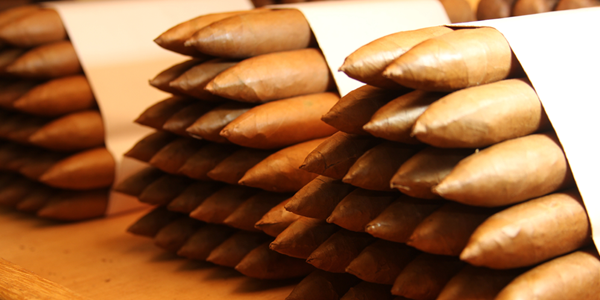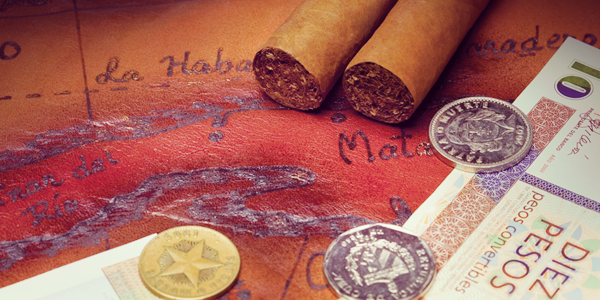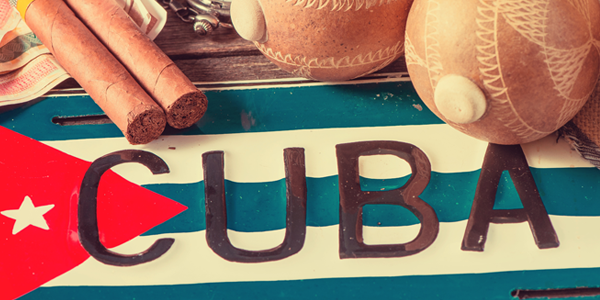Are Cuban Cigars Illegal in the US?
Are Cuban cigars legal in the U.S.? The short answer is NO. However, the legality of Cuban cigars is one of the most misunderstood topics in the world of premium cigars – especially among casual cigar consumers.
You wouldn’t be alone if you thought Cubans had recently been made legal, as U.S. restrictions regarding the importation of Cuban cigars have changed numerous times over the past decade between the Obama, Trump, and now Biden administrations. But Cuban cigars have never been legal, in the sense that you can import them and sell them in the U.S., since the Cuban trade embargo was enacted by President John F. Kennedy in February of 1962. That’s why you can’t buy Cuban cigars at your local cigar retailer or online – at least not legally.
A detailed archive regarding official sanctions against Cuba can be found on the U.S. Department of State’s website. A quick review of the Cuban trade embargo explains why Cuban cigars are illegal, but let’s examine the current state of affairs around Cuban cigars below.
Are Cuban Cigars Legal in the US Now?
No, and much of the confusion regarding Cuban cigars has to do with the definition of “legal” as it pertains to Cubans. To clarify, the Cuban trade embargo has never been lifted. That means the U.S. and its citizens are prohibited from trading with Cuba. Formally lifting the embargo requires an act of Congress. Although specific aspects of the sanctions were relaxed under President Obama, the measures were later reversed and reinstated under President Trump.
1962: The Cuban Cigar Embargo
If you’re looking to point a finger at someone for the long embargo on Cuban cigars, it was President (and ironically enough, cigar aficionado) John F. Kennedy.
When the Cuban Missile Crisis came to a rolling boil and tense relations between Cuba and the U.S. emerged, President Kennedy imposed harsh restrictions on travel between the two countries. He also placed severe restrictions on trade and the exchange of goods and products between the two nations.
In 1962, JFK signed the Cuban cigar law, but right before it was firmly in effect, he dispatched his aide, Pierre Salinger, to scour all corners of Washington, D.C. to set aside a stash of nearly 1,200 Cuban cigars for himself. (Yes. Really.)
John F. Kennedy wasn’t the only POTUS that loved to smoke, and Cuban cigars were especially prized during that time period. The punitive measures were designed to deny the Cuban government the opportunity to profit off U.S. tourist dollars – or any commerce involving U.S. citizens. While the sanctions have clearly limited Cuba’s advancement and prosperity for the past six decades, many, including President Obama, viewed them as antiquated Cold War-era policies due for amendment.
2014: Obama Eases Restrictions of the Embargo
Under the Obama administration, Cuban cigars could legally be brought into the U.S. in limited quantities, for personal consumption only, beginning in 2014. The caveat was that you had to travel abroad to purchase Cuban merchandise, and you could only bring it back for personal use in limited quantities that could not exceed $100 in value, in the case of cigars and rum, for example. Consumers took advantage of the changes and brought Cuban cigars into the U.S. from countries around the world where they could buy Cuban cigars. Many U.S. travelers visited Cuba for the first time and legally returned with Cuban cigars and rum.
2020: Trump Imposes New Bans on Cuban Products
On September 24, 2020, President Trump reinstated a full ban on Cuban tobacco and alcohol products. Cuban-origin merchandise may be purchased by authorized U.S. travelers abroad for consumption outside the U.S. according to the current U.S. Customs and Border Protection guidelines, however, Cuban goods are no longer allowed in the U.S., even for personal use.
Trump’s motivation for ramping up the restrictions against Cuba was to court Cuban-American voters in Florida, a hotly contested state, prior to the 2020 presidential election. Severe trade and travel restrictions with Cuba, although considered archaic by many today, served to punish the Cuban government with policies favored by many Cuban-Americans, still bitter over the communist nation’s civil rights abuses and the nationalization of its citizens’ property.
Customs Penalties
Always consult the latest rules and regulations posted on the Office of Foreign Assets Control – Sanctions Programs and Information on the U.S. Department of the Treasury website for current penalties for violating customs laws. Customs penalties can be stiff, but more problematic, the rules are seemingly in a state of fluctuation. Over the past two decades, individuals convicted of smuggling Cuban cigars into the country have faced penalties ranging from tens of thousands of dollars to over $250,000 in fines, plus federal jail time from a few years to more than a decade.
The Forbidden Fruit Effect
Much of what makes Cuban cigars so desirable is the simple fact that you can’t get them – legally – in the States. If you asked today’s biggest cigar-makers, outside of Cuba, why Cuban cigars are so good, they’ll likely tell you they’re not. And most of today’s best-known cigar-makers hail from Cuba, by the way.
In the years following Castro’s ascent and the Cuban trade embargo, Cuba’s greatest tobacco families fled to other regions favorable to growing premium tobacco, including the Caribbean and Latin America. Generations of tobacco-growing expertise and cigar-making knowledge was transplanted to the Dominican Republic, Nicaragua, Mexico, Ecuador, and Honduras. Cigar-makers fleeing Cuba also smuggled the precious seeds of the island’s finest tobacco plants, which is why we can enjoy Cuban-seed tobacco grown around the world today.
While the taste of Cuban cigars bears an unmistakable terroir, it’s not uncommon for Cubans to be plagued with construction and consistency issues. In some cases, a lack of quality control is to blame; in others, hurricanes and treacherous weather events have negatively impacted the tobacco growing seasons in Cuba in recent years. Demand for Cubans is greater than supply. Because consumers around the world are willing to pay a premium to buy Cuban cigars, regardless of their quality, the incentive for producing a consistent product is lower.
Despite these challenges, Cuba remains the birthplace of established cigar-making traditions that are proudly continued today. A great cigar is a great cigar regardless of where it’s made. Dispel your curiosity over Cubans and decide for yourself if they measure up to your expectations the next time you have the chance to purchase and smoke them, abroad of course.
Cuban Cigar Alternatives
In the meantime, there are no shortage of amazing Cuban alternatives to smoke. The critics in Cigar Aficionado smoke and rate a wide variety of Cuban and non-Cuban cigars. You’ll find hundreds of phenomenal non-Cuban cigars from Arturo Fuente, Ashton, Padrón, My Father, Oliva, and more celebrated beside the critics’ favorite Cubans. And be sure to try the non-Cuban versions of historic Cuban-legacy cigars from brands like Montecristo, Romeo y Julieta, and La Aroma de Cuba.

